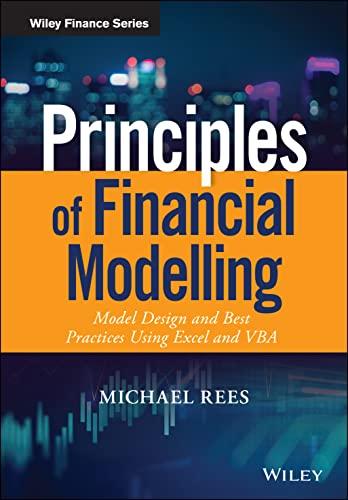

Assume you own a professional sports team and are considering hiring a new coach who is famous for her one-of-a-kind risky strategy/style. If the risky coach's strategy works (probability 60%), FCFS will be $3 million higher than their usual level each year she's the coach. If the risky coach's strategy fails (probability 40%), FCFS will be $1 million lower than usual while she's the coach. Also, if the coach's strategy works/fails in year 1, it does the same in year 2, and no matter what, the coach is going to retire at the end of year 2. As soon as the risky coach retires (or is fired), FCFS return to their usual level. You are considering offering the coach two different 2-year contracts: Deal A states that you can fire her after year 1 with no penalty, and Deal B states that you can't fire her after year 1 no matter what (imagine there is a $100 million penalty for doing so). Assume you have to make contract offers that pay the coach her full expected value (given the contract design), and have the same salary in years 1 and 2. What should the coach's annual salary be in each deal? Note: for this problem, ignore the time value of money. Deal A $1.80 million/year, Deal B $1.25 million/year Deal A $1.60 million/year, Deal B $1.40 million/year Deal A $1.80 million/year, Deal B $2.10 million/year Deal A $1.40 million/year, Deal B $1.80 million/year In the prior question, what type of real option did Deal A contain, and how much was the option itself worth (note: overall, not in annual terms)? Abandonment Option, was worth $400,000 Growth Option, was worth $1,100,000 Option to Delay Investment, was worth negative $600,000 Abandonment Option, was worth $1,100,000 Option to Delay Investment, was worth $550,000 Assume you own a professional sports team and are considering hiring a new coach who is famous for her one-of-a-kind risky strategy/style. If the risky coach's strategy works (probability 60%), FCFS will be $3 million higher than their usual level each year she's the coach. If the risky coach's strategy fails (probability 40%), FCFS will be $1 million lower than usual while she's the coach. Also, if the coach's strategy works/fails in year 1, it does the same in year 2, and no matter what, the coach is going to retire at the end of year 2. As soon as the risky coach retires (or is fired), FCFS return to their usual level. You are considering offering the coach two different 2-year contracts: Deal A states that you can fire her after year 1 with no penalty, and Deal B states that you can't fire her after year 1 no matter what (imagine there is a $100 million penalty for doing so). Assume you have to make contract offers that pay the coach her full expected value (given the contract design), and have the same salary in years 1 and 2. What should the coach's annual salary be in each deal? Note: for this problem, ignore the time value of money. Deal A $1.80 million/year, Deal B $1.25 million/year Deal A $1.60 million/year, Deal B $1.40 million/year Deal A $1.80 million/year, Deal B $2.10 million/year Deal A $1.40 million/year, Deal B $1.80 million/year In the prior question, what type of real option did Deal A contain, and how much was the option itself worth (note: overall, not in annual terms)? Abandonment Option, was worth $400,000 Growth Option, was worth $1,100,000 Option to Delay Investment, was worth negative $600,000 Abandonment Option, was worth $1,100,000 Option to Delay Investment, was worth $550,000








